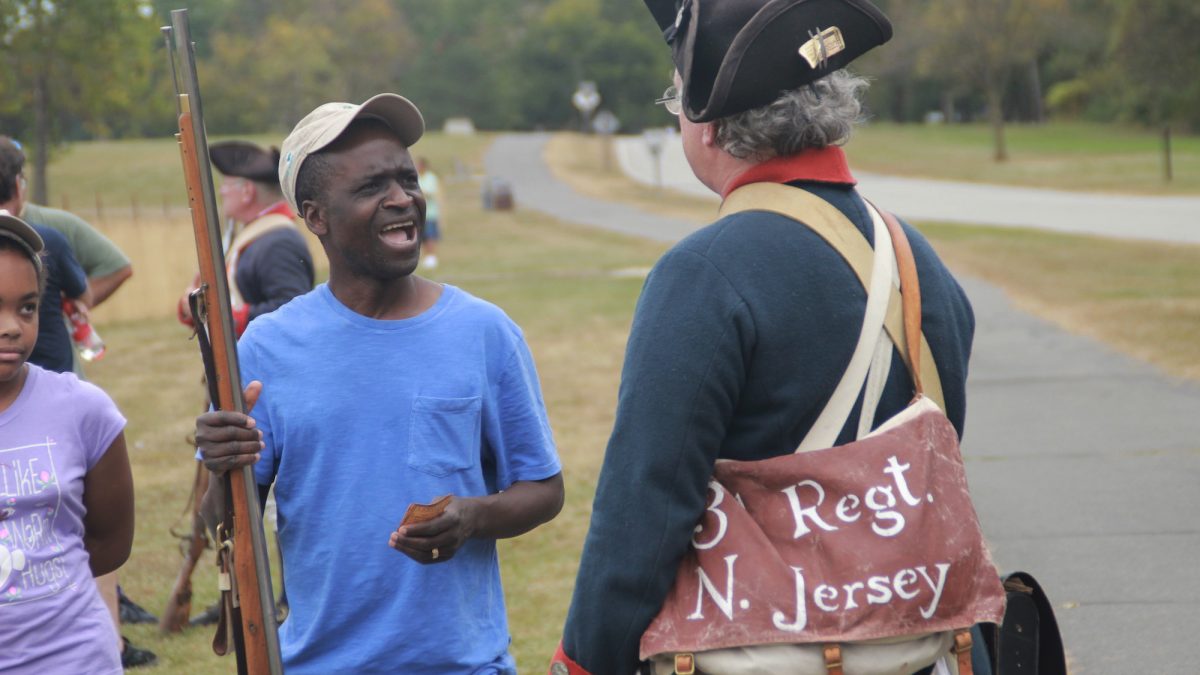Make Reparations
{A Written Practice}
Make Reparations
"I don't want an apology. I want a check."
This is very simple. 1) Be more concerned with impact than intent. 2) Stop causing harms. 3) Repair, to the best of your ability, harms that you have caused in the past. If those harms were enacted multi-generationally, through deep time, you have to go back to the crime scene, to the root cause. Moral outrage surfaced when the Nazis looted Jewish art, and there was an international outcry that those paintings must be returned! Agreed. It is wrong to keep something that does not belong to you. What then of the stolen lives, labor, and safety of our African-American brothers and sisters? What then of the stolen land, lives, and safety of our Aboriginal American brothers and sisters?
What is our individual and collective responsibility to address this? And because I write this not only for those in the United States, but for us all, one humanity, what do we do about this legacy of oppression? Of violence, pillage, rape? The ravages of colonialism and empire? The land grab veiled in missionary language that birthed the so-called New World? In many traditional cultures, and even still in mainstream religion, there is the concept of atonement. Reparation for a wrong or injury. Expiation for a sin. What we did here, in the United States, our ancestors knew was wrong. They knew it was evil and they did it anyway.
In 1952, my grandparents bought a house in a suburb. Black families were not permitted to buy there. That house cost $10,000 and when it was sold after their passing in 2017, it sold for more than $360,000. That is a thirty-six-fold increase on their investment. That wealth passes through our family. When I became seriously ill in 2012, and was unable to work for many months, when all was said and done my grandparents had gifted us $80,000. Eighty thousand dollars. Had they not, we would have been unable to pay our mortgage, we would have lost our home, my wife who was working full time would have been overwhelmed, my three-year-old daughter would have been pulled out of school, we might have been unsheltered (homeless), and I would likely not have recovered my health, because I would have been sick with worry on top of everything else. The fact that I am able to sit here today and write these words is a result of the unearned privilege that I have. It is inextricable from my whiteness. I want you understand that I did not particularly deserve the assistance that my grandparents were able to provide. They helped me, as families help one another, because we do. But the fact that they had resources of that magnitude is attributable not only to their hard work, but to multi-generational systematic elevation of some, and oppression of others. The opportunities I’ve had come at the expense of others. I was born into a system I didn’t create, but I benefit from it, as it harms my brothers and sisters of color. And though I didn’t create it, if I see that I am benefiting from something unjust, do I not have an obligation to dismantle it?
I will suggest to you that this obligation is not only, or even primarily, a moral one. Certainly it is moral, but I will propose to you that in a world where a malicious criminal is the President of the United States, and morality has been jettisoned by politicians who fail to perform their Constitutional duties, the argument is more immediate. The failure to fulfill this obligation is making us sick. Not in some abstract, or metaphorical way. It is the subject of this book. Our lack of connection and reciprocity with ourselves, one another, and the living world is literally killing us.
The average white family has twelve times the assets of the average black family. This extreme inequity is a direct result of structural racism. For hundreds of years the fruit of their labor (and labor is only the tip of this iceberg) was stolen. If someone is making a very modest hourly wage ($10/hour), and works twelve-hour days, six days a week (enslaved people didn’t generally receive time off, or accrue vacation), that comes to $37,440 a year. Accounting for the 246 years of slavery in America, the accrual of that single income would be in excess of $9.2 million dollars. Is it possible that our moral debt for slavery is $9.2 million dollars per family? No, it’s not, because in any court of competent jurisdiction, we would be forced to pay not only lost wages, but compensatory damages: for trauma, pain and suffering. Would that be $25 million per family? I don’t know how to put a number on this, but here’s what I want you to hear: this is not an academic question, and while I sincerely doubt that the United States government will ever make this right, I would suggest that if you are a white person benefiting from unearned privilege, there is a moral imperative to consider how you might personally be accountable for this debt.
In the Bay Area, where I live, an indigenous women-led movement has established the Shuumi Land Tax, which is a way of making reparation for the theft of indigenous land. It is a voluntary contribution, calculated in relationship to your property tax bill. “Shuumi” means “a gift.” From the Sogorea Te’ Land Trust’s website:
The Shuumi Land Tax is for non-Indigenous people who live in traditional Chochenyo and Karkin Ohlone territory to make a voluntary annual financial contribution to this critical community work. If you live on Chochenyo and Karkin Ohlone land, you are inadvertently benefitting from the genocide waged against the Ohlone people and the theft of their land. Whether you know it or not, however you feel about it, this is an inescapable fact. The civic infrastructure, the economic system, the private development and the consumption of natural resources in our society are all connected to and in different ways built upon the colonial occupation of this land and the violent displacement of the Ohlone. Paying the Shuumi Land Tax is a small way to acknowledge this legacy and contribute to its healing.
My intent is not to make anyone feel guilty. My wife used to say, Get off the cross, we need the wood. Guilt is not useful. Feel guilty enough to take responsibility, but then atone. Change your behavior.
I was sitting in a multi-cultural circle recently and a black woman said to us, I don’t want an apology. I want a check. So if you have the means to do so, go write someone a check. And do this as a mindfulness exercise, as a restorative practice. If you don’t know whom to write it to, write it to an organization that uplifts. Or call your Black friends and ask them where you should send it. Oh–you don’t have any black friends?
Related Practices:
See Relating Across Difference, 12 Common Ways of Disconnecting, Relational Mindfulness, Reflective Listening, and How Whiteness Operates. See Restorative Justice.Photography: | Licensed from Pexels.com, used with permission.


